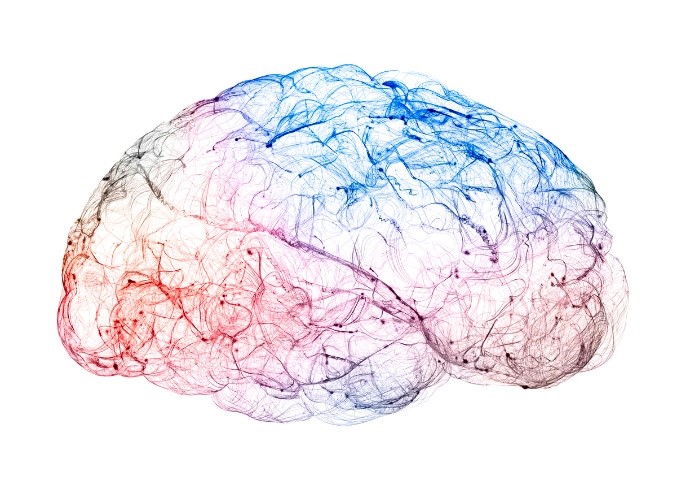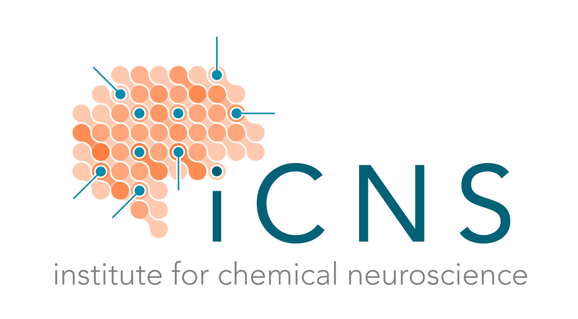Instituut voor Chemische Neurowetenschappen (iCNS)

This 10-year research program focuses on unravelling molecular mechanisms of brain diseases. For some neurological brain diseases, such as Alzheimer's disease and multiple sclerosis, it is fairly well known what changes where in the brain. However, for psychiatric syndromes such as depression, schizophrenia or an anxiety disorder, this is largely unknown.
Collaborating partners
The University of Amsterdam, the Netherlands Institute for Neuroscience, the Universities of Leiden, Utrecht and Groningen, Radboud University in Nijmegen and Erasmus University in Rotterdam are working together in this project. The Ministry of Education, Culture and Science and the Netherlands Organisation for Scientific Research (NWO) have awarded a Gravitation grant.
Urgency and purpose of research
We still know very little about the underlying biological mechanisms of psychiatric syndromes. The molecular and cellular changes that cause psychiatric symptoms, such as low mood, psychosis or anxiety, are therefore still unknown. Many of these psychiatric symptoms also occur in neurological syndromes, such as depression in Alzheimer's disease and multiple sclerosis. As a result, they are not very specific to a single condition.
Treatments such as psychotherapy and/or medication can help, but these treatments are not effective for everyone. It often takes a long time to find the right treatment, and medication can come with many side effects. In recent decades, hardly any new medicines have come onto the market.
Psychiatric symptoms are not caused by structural changes that you can see with a normal microscope, as in Alzheimer's disease. We focus on molecular changes at the very smallest level of the connection points within neuronal networks. It is not known what changed there. We will map out at the cellular and molecular level how this structure differs from person to person and whether this can be linked to their psychiatric symptoms.
Establishment of a national institute: unique information for brain donors
In the Institute for Chemical Neurosciences (iCNS), research is being carried out on the human brain tissue of the Netherlands Brain Bank of neuropsychiatric patients, collected by the Netherlands Brain Bank in the context of the earlier NBB-PSY cohort and the donor data from the Netherlands Neurogenetics Database.
In iCNS, the most modern molecular analysis techniques are applied to the human brain tissue and then combined with artificial intelligence of all patient data. This makes it possible, for the first time, to link specific molecular changes in certain brain regions to specific psychiatric symptoms. Subsequently, the molecular changes found will be characterized in great detail in the brain tissue, as well as at the functional level in modern cell and model systems (including stem cells and brain organoids) with excellent chemical methods.
In this national iCNS consortium, neurobiologists, chemists, psychiatrists, data scientists and patient representatives work closely together to force breakthroughs in research into psychiatric symptoms. In addition, we aim to train a new generation of young scientists who will continue these modern, multidisciplinary approaches. We will combine the unique clinical and neuropathological information from the donors of the Netherlands Brain Bank with advanced techniques to analyze the tissue, in order to gain a better understanding of the interindividual disease processes. This is unique, because almost no brain bank in the world has this rich information available from brain donors.
New necessary insights
The research is expected to lead to new insights into the mechanisms of brain diseases. The aim is to develop a "brain atlas" of psychiatric symptoms that will hopefully contribute to a better understanding of both the onset and the individual course of the disease in different neuropsychiatric disorders. This fundamental understanding is necessary to develop new approaches to diagnosis and prognosis, and ultimately to better treatment of psychiatric syndromes.
Contact
Inge Huitinga: i.huitinga@nin.knaw.nl

Consortium
The Board of Directors of iCNS consists of: Inge Huitinga (Netherlands Institute for Neuroscience/UvA), Paul Lucassen (University of Amsterdam), Mario van der Stelt (Leiden University), Bart Eggen (UMC Groningen), Lot de Witte (Radboud university medical center) and Maarten Kole (Netherlands Institute for Neuroscience/Utrecht University). The research leaders of the subprojects are: Jörg Hamann (Amsterdam UMC), Inge Holtman (UMC Groningen), Ahmed Mahfouz (LUMC), Sander van Kasteren (Leiden University), Aniko Korosi (UvA) and Femke de Vrij (Erasmus MC).
